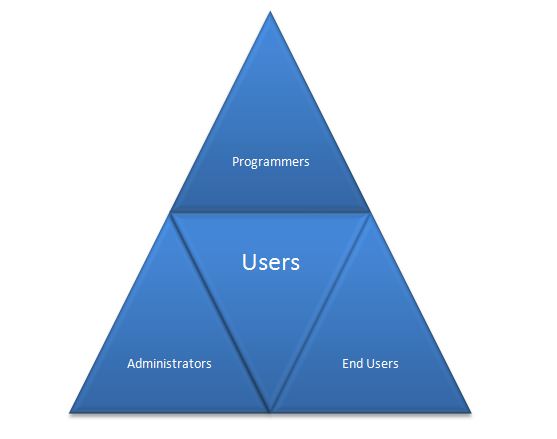Home »
DBMS
DBMS: Users, Characteristics, Applications, Advantages, and Disadvantages
In this tutorial, we will learn about the users, applications, advantages and disadvantages of database management system (DBMS).
By Anushree Goswami Last updated : May 26, 2023
A database is a collection of related data. It is a collection of facts and figures which can further be used to produce different kinds of information.
The database management system (DBMS) is a group of programs that operate a database and serve as an interface between a database, its users and other application programs. DBMS is designed to define, create, manipulate, extract and manage data in a database. DBMS typically manipulates data; data format, field names, record, and file structure.
For example, Let's look at a simple example of an Employee database. This database supports information about Employee Name, Employee ID and other useful attributes required in Employee environment.
- The EMPLOYEE NAME stores the data of Employees Name.
- The EMPLOYEE ID file stores the unique identity of each employee.
- The ADDRESS stores information about the address of the employee.
- The SALARY stores information about the salary of the employee.
And many other details stored in the database required for the Employee.
Users in a DBMS Environment
There are three distinct types of users that participate in the DBMS environment: Programmers, Administrators, and End-users.

DBMS Users Roles
The following are the roles/tasks of the DBMS users:
| Component Name |
Tasks |
| Programmers |
They are responsible to write programs. Programs that are written in various languages to interact with databases. |
| Administrators |
They are responsible to manage the Database System. They are most commonly known as Database Admin. |
| End-Users |
They are responsible to interact with the Database System. They perform adding, manipulating, deleting or retrieving data. |
DBMS Characteristics
The following are the characteristics of database management system:
- DBMS provides security and removes redundancy.
- DBMS is self-describing nature of a database system.
- DBMS is used as insulation between programs and data abstraction.
- DBMS is used for multiuser transaction processing.
- DBMS follows the ACID concept (Atomicity, Consistency, Isolation, and Durability).
- DBMS supports a multi-user environment that allows users to access and manipulate data in parallel.
DBMS Applications
Database Management System is used in wide variety of sectors. Some of them are:
| Sector |
Use |
| Airlines |
It is used to store for reservation and storage of the information. |
| Banking |
It is used to store the customer information, payments, loans etc. |
| Finance |
It is used to store the information of stocks, sales etc. |
| HR Management |
It is used to store details about the employee, their salaries, details of paychecks etc. |
| Sales |
It is used for storing customer, product information etc. |
| Telecommunication |
It is used to keep the call records, monthly bills, etc. |
DBMS Advantages
The following are the advantages of database management system:
- It provides Data Independence. Application programs need to be independent of the details of data. DBMS provides the abstract view of the data.
- It provides efficient data access. If a data is stored in external storage, a wide variety of sophisticated techniques are required to store and retrieve data efficiently.
- It provides Data Integrity and Security. In order to maintain integrity, DBMS can enforce integrity constraints on the data.
- It provides concurrent access and crashes recovery. Many users can access the database concurrently.
- It provides data administration. When many users share the data, one central administration is required which can improve the performance.
- It reduces application development time.
Disadvantage of DBMS
The following are the disadvantage of database management system:
- It increases the danger of Overkill. It is not advisable to use the database for small and simple applications.
- It increases the complexity of the database.
- Qualified personnel is required to manage the database. A trained staff is required to operate the database system.
- It increases cost. Database system when increases the complexity also increases the cost of management.
- It decreases the efficiency. Since it is multi-user software thus it becomes less efficient as compared to the software that is made to solve only one problem.